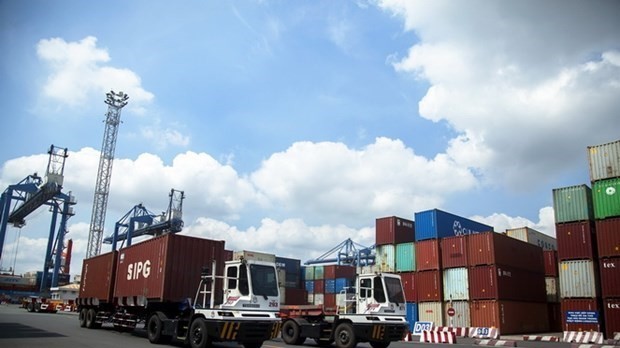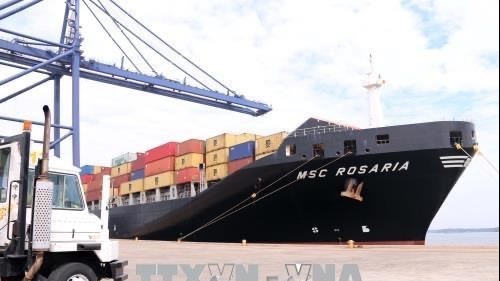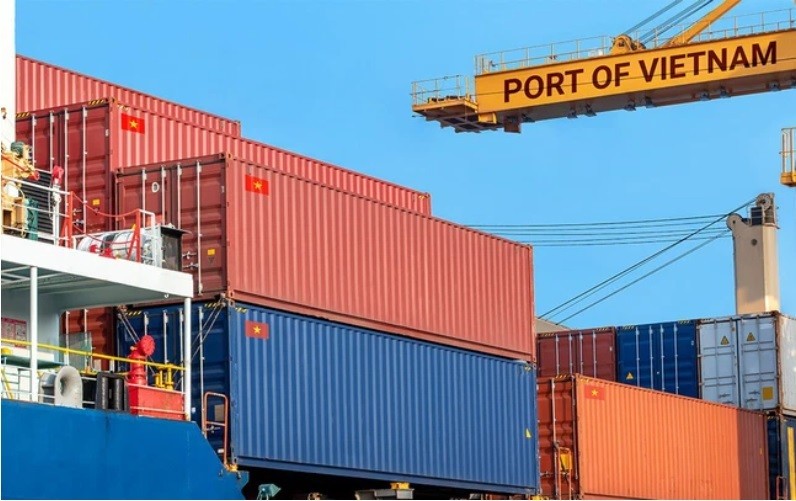
Fee reductions may bring little benefit to maritime firms
Latest
 |
| The Lach Huyen International Port in Hai Phong city. The MoT has asked VMA to consider reducing maritime fees to help firms cover higher fuel costs. (Photo: VNA) |
The report asserted that adjustments in fees for international transport would have a negligible impact on Vietnamese firms since freight transport between Vietnamese ports and international ports is undertaken predominately by foreign shipping lines.
Additionally, maritime fees account for just 7-9 percent of total costs incurred by a vessel engaging in international transport and 3-5 percent in domestic transportation. That means fee reduction is not much of a solution to the problem of mounting petrol bills.
“Fuel costs, wages and insurance premiums take up the lion's share in maritime firms’ total costs. Accordingly, fee reduction would only improve their costs marginally, not enough to offset the rise in fuel prices,” the report said.
The Port Authority shows that Vietnamese ports collected 16.9 billion VND (727,000 USD) of fees for domestic transport in 2021. On average, every vessel paid around 37,000 VND each time it entered and left a port.
Such an amount is so meagre that even if VMA removes the fees, it will make no big difference to maritime firms' total costs. The fees are not supposed to be reduced or removed to offset fuel costs because of their nature.
"The fees are the amounts of money firms have to pay for the public services provided by state agencies. Undoubtedly, it is against their nature to reduce or remove the fees to cover other irrelevant costs," the report added.
During the pandemic, VMA advised MoT to issue Circular 74 to reduce fees applicable to maritime firms to lift them out of financial hardship. The circular was much appreciated by the firms at the time.
As fuel prices have been increasing steadily recently, Deputy Minister of Transport Le Dinh Tho has asked VMA to consider reducing maritime fees again to help firms cover higher fuel costs.
This time, VMA believed that the policy will not do much good for firms as it did in the past.

























